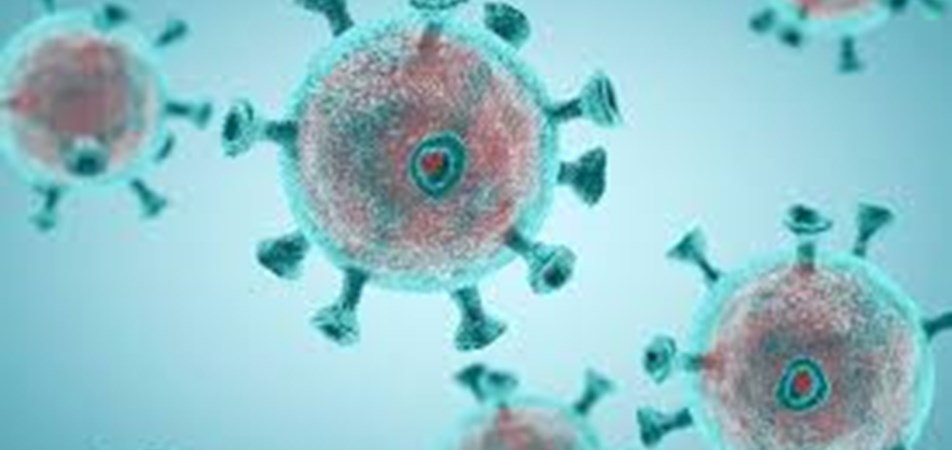To recover your password please fill in your email address
Please fill in below form to create an account with us

10/06/20
The CTC has called on its leading status as a clinical trials research centre to help address the COVID-19 pandemic, receiving funding to investigate immune suppression treatment, playing key roles in stem cell research, modelling cases, and assisting with the development of national guidelines for clinical care.
Modelling cases
Head of Biostatistics Prof Ian Marschner has published a paper that showed government restrictions came at the right time, and that waiting a week later could have tripled Australia’s case numbers.
The techniques used by Prof Marschner in his data analytics study could help guide decision-making during the remainder of the pandemic. The findings were reported on by the Sun Herald, and the University news page.
Prof Marschner also weighed in on the debate around The Australian's publishing of an 'extremely pessimistic' case model for Victoria, and he published a Conversation article that showed Victoria's COVID-19 cases probably peaked late July, giving cause some optimism.
Anti-inflammatory tablet for COVID-19 patients
CTC Deputy Director and Head of Cardiovascular Research Professor Tony Keech is lead investigator on a study that will determine if colchicine, a tablet with anti-inflammatory properties, can improve outcomes in patients with COVID-19 who have been hospitalised with hypoxia (a condition where not enough oxygen makes it to the cells and tissues in the body).
This project, called the Immune-Modulating Particles and Colchicine To Improve COVID-19 Outcomes (IMPACT-ICO), was recently awarded $980,415 from the Medical Research Future Fund.
“It appears immune activation is an important part of serious illness for COVID-19 patients, causing damage to lungs and the heart,” said Prof Keech. “This treatment can suppress that immune reaction, and potentially achieve better outcomes for patients."
Prof Keech said he and his team are already testing the value of immune suppression in vascular disease, and considered there could be similar benefits for COVID-19 patients.
The CTC team behind IMPACT-ICO is hoping to start recruiting soon for the first proof-of-concept stage that will involve 40 patients. They will examine the effects of colchicine on pro-inflammatory cytokines and activated monocyte/neutrophil numbers and profiles, as well as clinical outcomes. A second stage will see a further 200 patients recruited.
Do hydroxychloroquine and other treatments reduce deaths and hospitalisations?
CTC Director, Prof John Simes, is a co-chief investigator on a funding application, led by Prof Guy Marks, for a project that aims to determine the effectiveness and safety of hydroxychloroquine and other treatments for community-based high-risk patients with confirmed COVID-19.
The Bayesian Early Adaptive platform Trial to treat COVID-19 (BEAT-COVID) has the potential to rapidly acquire evidence as to whether hydroxychloroquine reduces incidences of death or hospitalisation. Should the project be funded, the platform will aim to initially enrol 400 participants. Other treatments and regions of enrolment will depend on the developments of COVID-19.
Stem cell treatment group
Head of Neonatal and Perinatal Research Prof William Tarnow-Mordi is co-chair of the international COVID-19 Stem Cell Treatment Group that is assessing if stem cells improve outcomes for COVID-19 patients. Two research areas involve the CTC:
Contributing to national taskforce
Saskia Cheyne, from the CTC’s Integrating Evidence team, has been seconded for six months to the National COVID-19 Clinical Evidence Taskforce as a Senior Evidence Officer.
The Taskforce is developing guidelines for the clinical care of people with COVID-19. The current version of the guidelines is available at https://covid19evidence.net.au/, with new and revised recommendations produced each week.
The Taskforce brings together relevant peak clinical bodies within Australia and is linked with international evidence review efforts.